Selecting the right industrial gear pump for your application is key to ensuring efficient and reliable operation of your equipment. Gear pumps play a vital role in many industrial environments, especially those that require high pressure, precise flow control, and durability. Choosing the right pump will not only improve your efficiency, but also reduce maintenance costs and extend the life of your equipment. When choosing an industrial gear pump, there are several factors to consider to ensure that the pump meets your specific needs.
It is important to understand the type of fluid you are handling. Different fluids have different viscosities, temperatures, and chemical properties. Gear pumps are widely used to transfer oils, lubricants, chemicals, and other more viscous or demanding fluids. To ensure the best performance of the pump, it is important to select a pump that can effectively handle the specific fluid properties. For example, when handling high-viscosity fluids, you may need to use a pump with a larger plunger, or choose a pump designed specifically for high-viscosity fluids.
You need to know the flow rate and pressure required. Flow rate refers to the volume of liquid that the pump moves per unit time, while pressure is the force applied to move the liquid through the pump. Gear pumps are known for their high-pressure capabilities, and when selecting a pump, it is important to ensure that it can meet or exceed the pressure required for your application. The flow rate of the pump must also match the system requirements. Choosing a pump that is too small may result in insufficient flow, while choosing a pump that is too large may cause energy consumption and affect overall efficiency.
When choosing a pump, efficiency and power consumption are key factors that must be considered. Efficient pumps can reduce operating costs, especially in industrial environments that require long-term continuous operation. You should choose an energy-efficient pump based on the relationship between the pump flow, pressure and power consumption. For example, some piston gear pumps offer displacement technology or adjustable flow functions, which can improve energy efficiency while maintaining performance.
Material compatibility is also very important. Piston gear pumps are usually made of different materials, and the choice of these materials directly affects the durability and long-term operation stability of the pump. The material of the pump must be compatible with the liquid it handles, especially when handling highly corrosive chemicals or abrasive liquids. For example, some pumps use stainless steel, cast iron or special alloy materials to improve corrosion resistance and wear resistance. If you are handling corrosive or precipitate-prone liquids, it is particularly important to choose corrosion-resistant materials.
Viscosity is another important factor that affects the selection of piston gear pumps. The higher the viscosity of the liquid, the more power and pressure the pump requires. Piston gear pumps are particularly useful for pumping high-viscosity liquids, such as heavy oils or lubricants. Depending on the viscosity, you may need to choose a pump with a larger plunger or one that is specifically designed to handle high-viscosity liquids. Some pumps also have adjustable flow capabilities to handle liquids of different viscosities.
Temperature range is also an important factor to consider when choosing a pump. The temperature of the fluid can significantly affect the performance of the pump and the durability of the pump material. In high-temperature environments, the pump material may degrade or the fluid itself may break down, affecting the pump's efficiency. You need to make sure that the pump you choose can withstand the temperature requirements of the liquid you are handling. Some industrial piston gear pumps use special materials or designs that are resistant to high temperatures so that they can still operate stably under high temperature conditions.
Pump maintenance and durability are also important considerations. In industrial environments, pumps need to be able to withstand long periods of continuous operation and have strong fatigue resistance. You should choose pumps that are easy to maintain and easy to check and clean regularly to ensure the efficiency and stability of the pump over long periods of operation. In addition, durable components such as bearings, seals and plungers can reduce wear and extend the service life of the pump.
Noise and vibration control is also a factor that cannot be ignored in many industrial applications. Plunger gear pumps may generate a lot of noise and vibration during operation, especially in high-pressure and high-flow applications. If your working environment has strict requirements on noise or vibration, you can choose a pump that is optimized in design to reduce noise and vibration. Some pumps have anti-vibration functions, which can reduce the impact of pump vibration on equipment and piping systems, thereby ensuring smoother operation.


 English
English русский
русский عربى
عربى

.jpg)
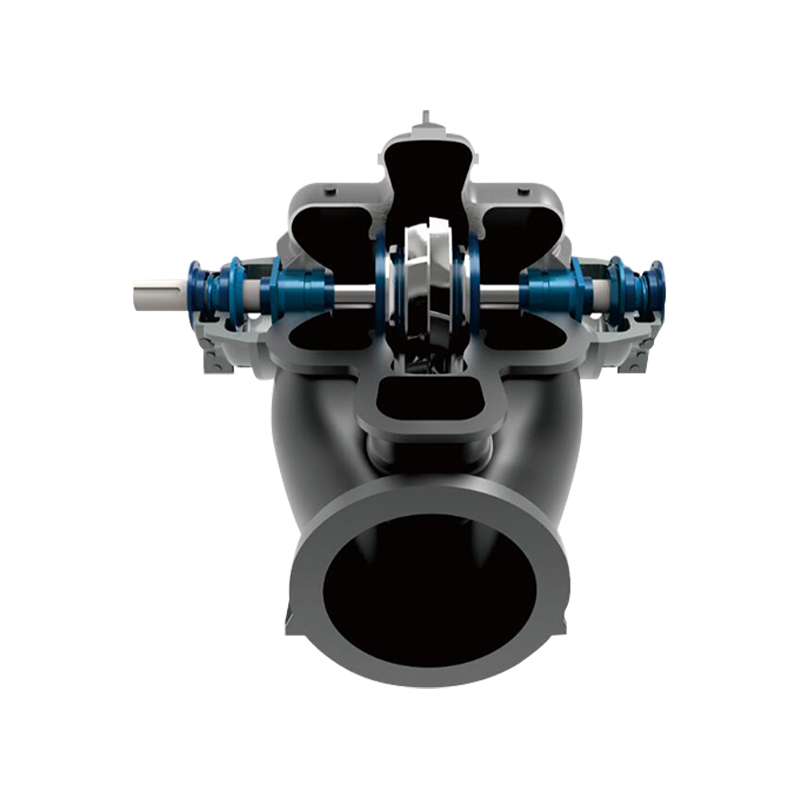
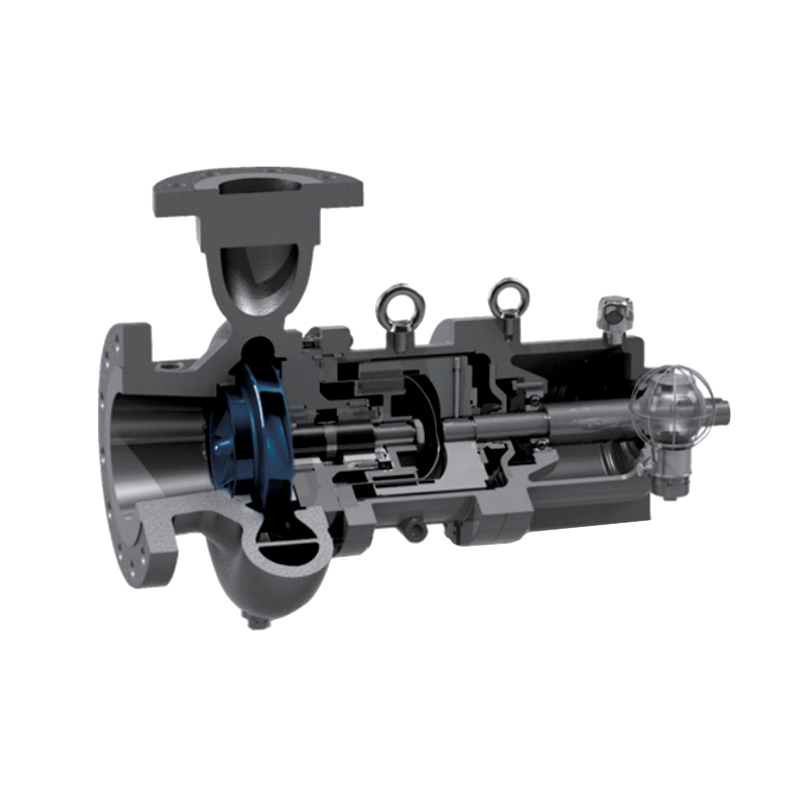
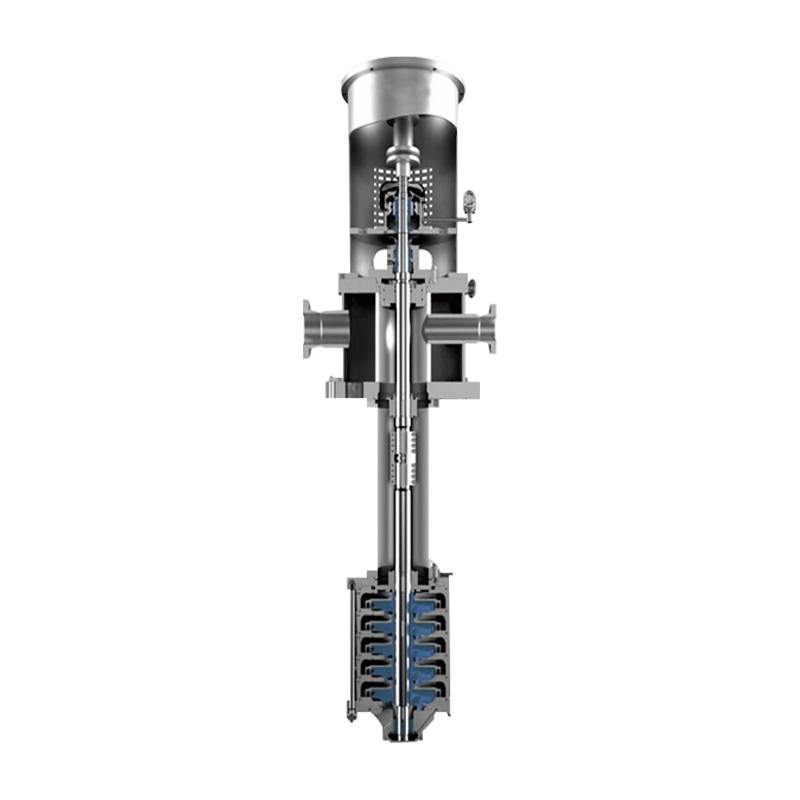
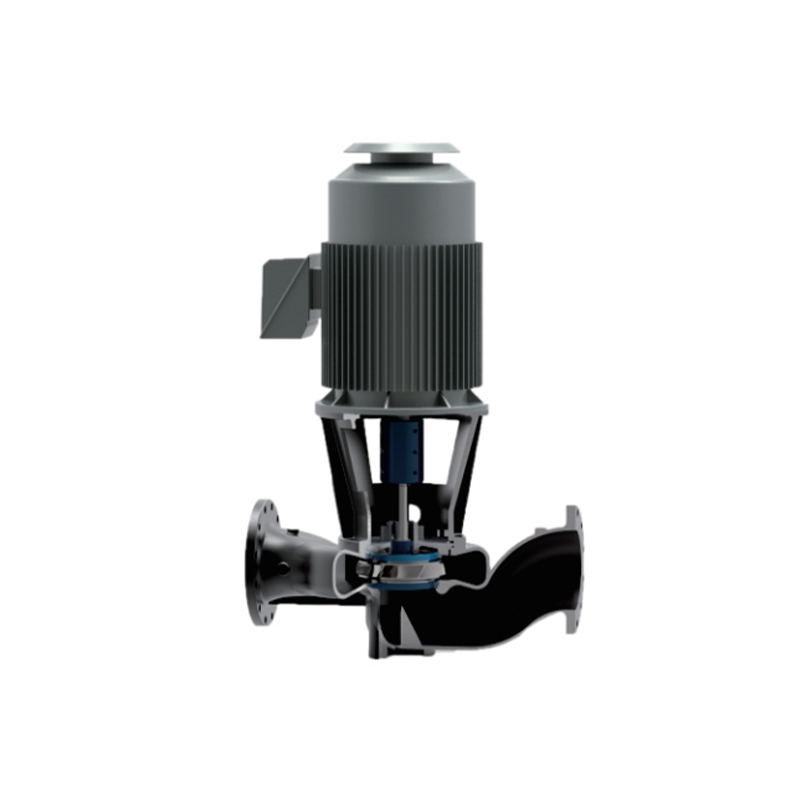

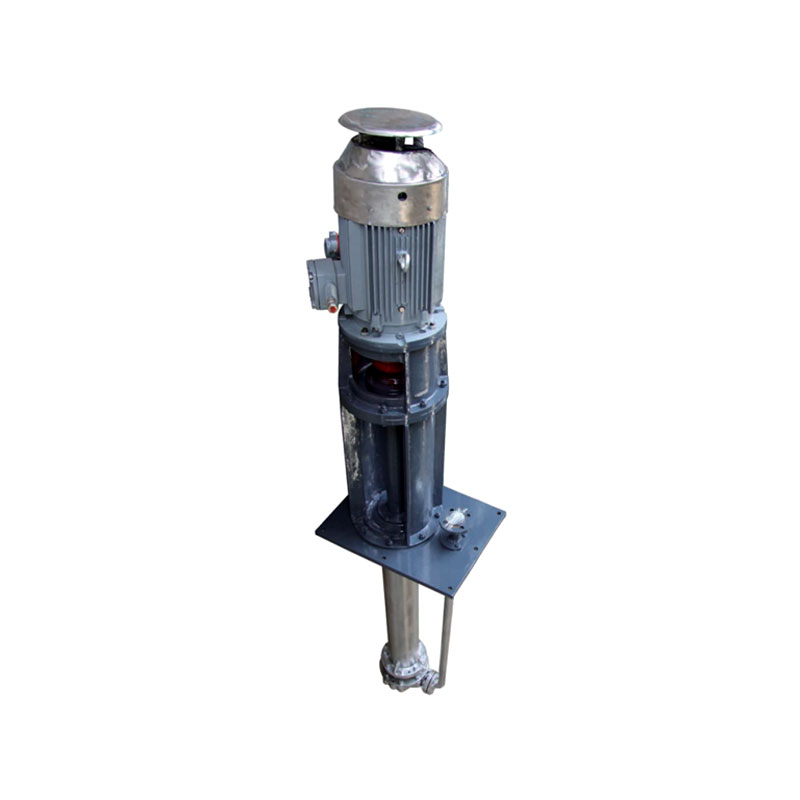
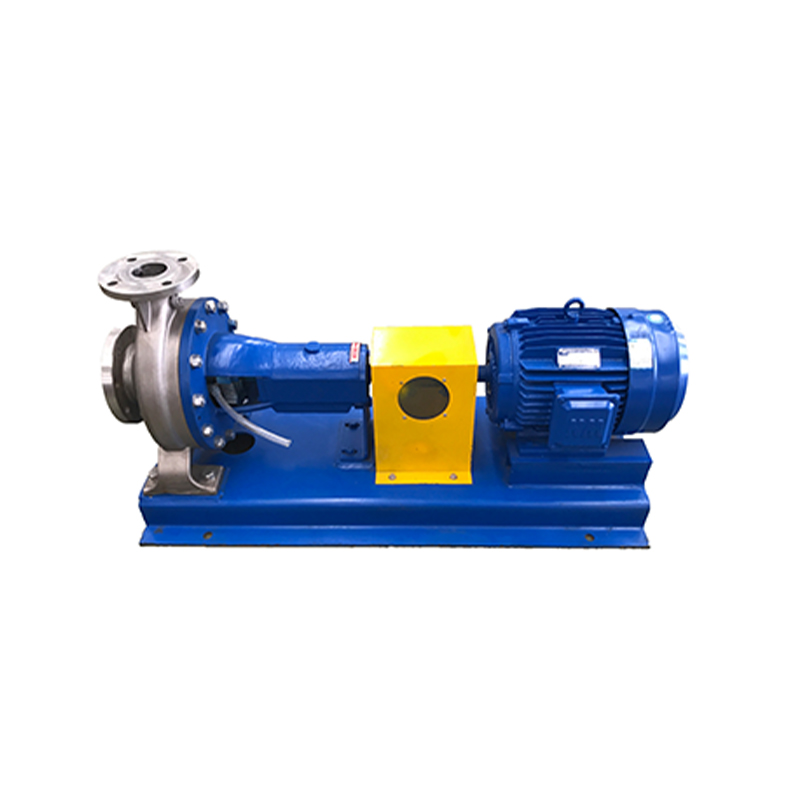

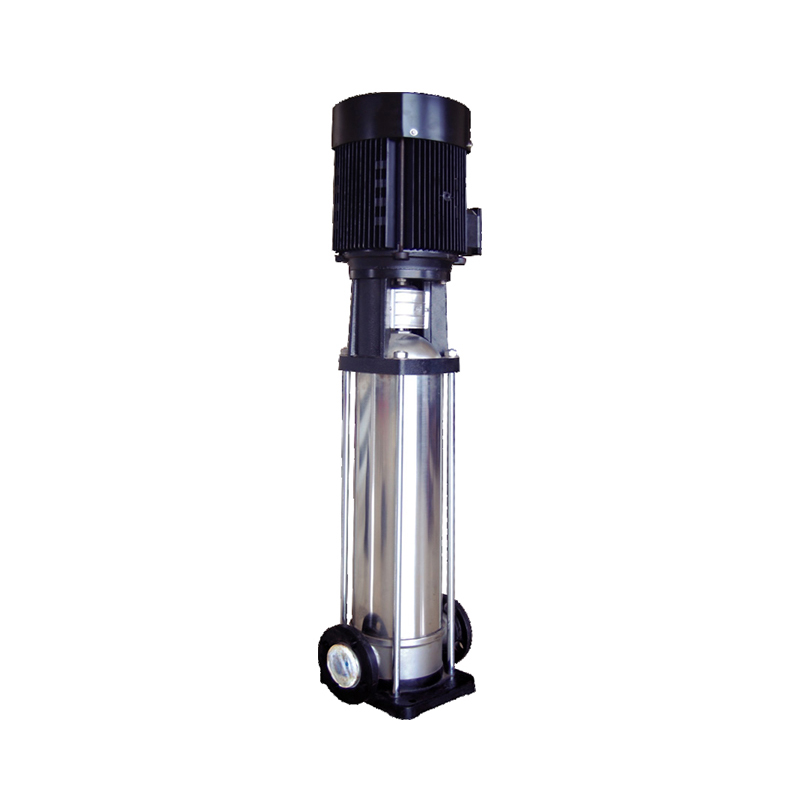






 ENG
ENG

 TOP
TOP